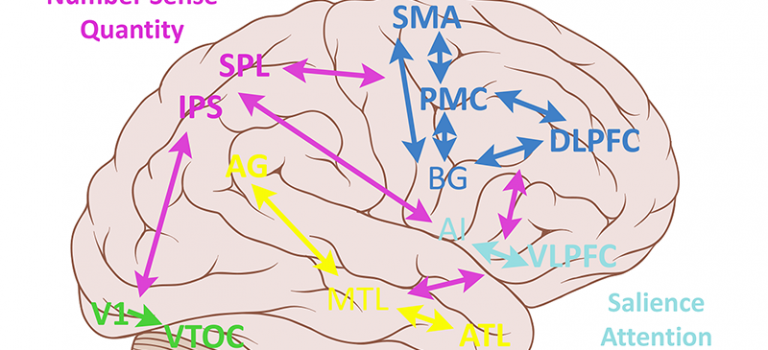
This week’s guest post from educator Sarah Jarvis covers a topic on which it can be difficult to find in-depth information: adult math learning differences. We are very pleased to feature Jarvis’s informative article on the Dyscalculia Blog!
I have worked at Bracknell and Wokingham College in the Learning Support Department for 8 years, supporting those aged over 16 who have maths learning differences. I also taught GCSE and Functional Skills adult maths classes for a number of years.
The reasons that learners leave school at 16 or older without the requisite ‘C’ grade in maths can be numerous. It is only by understanding the roots of what makes them struggle, as well as the person’s strengths, that it is possible to assist them to overcome these challenges. Assessment is, therefore, an extremely important part of my job.
Read more


